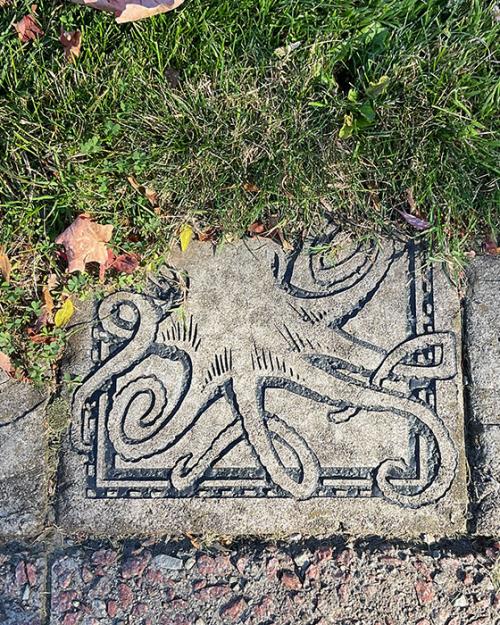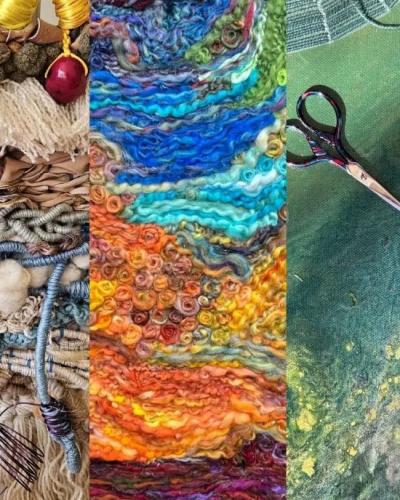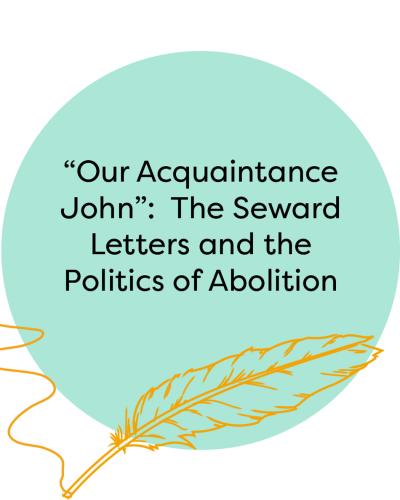In an essay as part of the RH Pamphlet Collection, 2022 Exemplary Project Grant recipient Jessica Ness describes her experience delving into the history of the Seward family and their role in abolitionist politics. For a final project in the Rural Humanities Spring Seminar, Ness created a series of fictional letters between Frances Adeline Seward and John, a freedom-seeker that the Seward family likely hid in their home during the time of the Fugitive Slave Act of 1850.
Ness took inspiration from digital archives as well as the Seward House Museum. The Seward family home, located in Auburn, NY, was and "influential place of refuge and recharge for freedom seekers, in what would likely be their last stop before crossing into Canada."
Click to read the essay booklet online!
Ness became fascinated with the voices of the Seward family, and in particular, the mention of "our aquaintence John," mentioned in a letter from Frances to her husband:
"I see the use of the letter format here as a way of ensuring that my narrative makes no claims on the interior thoughts, feelings, or emotions of Frances and John while also allowing me to explore the relationality between them that emerges as a focal point in my piece. I leveraged the familiarity I developed with Frances’s voice in reading her letters to calibrate her correspondences to John."
Funded by the Rural Humanities initiative, Exemplary Project Grants showcase Cornell student projects and collaborations from the Spring Seminar, specifically those works in the in public and digital humanities.
Jessica Ness is a PhD student in the Department of Comparative Literature and a researcher with the Rural Humanities Initiative at Cornell University. Her research focuses on global modernity and the idea of progress on a world scale in the aftermath of decolonization.





